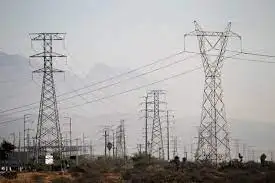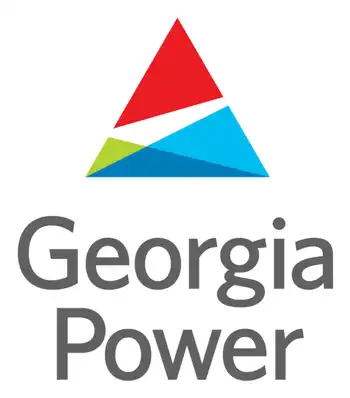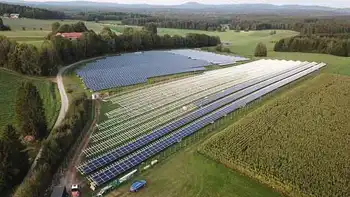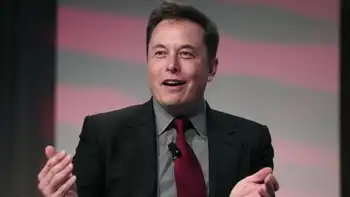Iran vows to pursue atom project despite U.N. deadline
VIENNA, AUSTRIA - Iran vowed to press on with its nuclear fuel program, ignoring a U.N. deadline to freeze uranium enrichment or face broader sanctions, but offered to guarantee it would not try to develop atomic weapons.
Iranian President Mahmoud Ahmadinejad remained defiant as a 60-day grace period Iran had been given on December 23 to stop enriching uranium for nuclear fuel was expiring.
"We... will continue our work to reach our right (to nuclear technology) in the shortest possible time," student news agency ISNA quoted him as saying in the town of Siahkal.
With the deadline running out, the International Atomic Energy Agency, which has been unable to verify Iran's program is wholly peaceful after three years of investigations, was expected to report to the U.N. Security Council that Tehran was pursuing enrichment regardless of pressure to stop.
The West suspects Iran is trying to make atom bombs behind the facade of a civilian nuclear energy program. Tehran says it wants only an alternative source of electricity so it can maximize oil exports and prepare for when oil reserves run dry.
"Obtaining this technology is very important for our country's development and honor," Ahmadinejad said. "It is worth it to stop other activities for 10 years and focus only on the nuclear issue."
Ultimate authority on nuclear matters lies not with Ahmadinejad but Supreme Leader Ayatollah Ali Khamenei. But senior Iranian leaders have all ruled out halting nuclear work as a precondition for talks on trade benefits from the West.
The Council, which two months ago banned transfers of nuclear technology and expertise to Iran, would consider wider sanctions - such as a travel ban on Iranians linked to nuclear activity - if Tehran had not frozen enrichment work by February 21.
The result was already clear, said U.S. Secretary of State Condoleezza Rice. "The Iranians have unfortunately not acceded to the international community's demands and we will have to consult. We will have to decide how to move forward," she told reporters during a recent visit to Berlin.
Top Iranian negotiator Ali Larijani said after talks with IAEA director Mohamed ElBaradei that Tehran would give necessary assurances during negotiations that it would never divert enrichment into bombmaking.
British Prime Minister Tony Blair said Iran appeared bent on acquiring nuclear arms despite sending out conflicting signals in reply to sanctions and the U.S. military buildup in the Gulf.
"The statements emanating from Iran are contradictory, but... their nuclear weapons ambitions appear to continue," Blair told parliament in London. "We need to keep up the pressure because it's a very, very dangerous situation."
Ali Akbar Velayati, a senior adviser to Khamenei, told the French daily Le Monde that Larijani's message to ElBaradei was that Iran was flexible on formulas for a negotiated deal, "but one cannot dictate the solution in advance".
Asked if Iran could consider a temporary enrichment halt, Velayati said, "Mr. Larijani is open to all proposals, bar none."
Western officials have dismissed previous signs of Iranian flexibility as stalling while it strives to master enrichment technology at its underground Natanz complex. Its perimeter is ringed by anti-aircraft guns against feared U.S. assault.
Two prominent Iranian reform parties urged the government to accept an enrichment halt to preserve what they called a higher national interest, a reference to avoiding diplomatic isolation that could cripple the economy.
ElBaradei has urged both sides to take a mutual "timeout" to enable talks - Iran would suspend enrichment rather than accelerate it from research level to "industrial scale" as planned at Natanz, while sanctions would be suspended.
In urging talks, ElBaradei has said Iran remains 4-8 years away from atom-bomb capability, assuming it wanted this.
As a possible compromise to jumpstart negotiations, Larijani has suggested Iran could pledge to refine uranium no higher than the 4-5 percent level, sufficient for power plant fuel but far below the 80 percent needed for the fissile core of bombs.
But diplomats and analysts have said there is no technical method to guarantee a cap on enrichment levels.
Related News
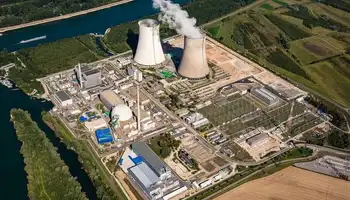
Coronavirus impacts dismantling of Germany's Philippsburg nuclear plant
BERLIN - German energy company EnBW said the coronavirus outbreak has impacted plans to dismantle its Philippsburg nuclear power plant in Baden-Wurttemberg, southwest Germany.
The controlled detonation of Phillipsburg's cooling towers will now take place in mid-May at the earliest.
However, EnBW said the exact demolition date depends on many factors - including the further development in the coronavirus pandemic.
Philippsburg 2, a 1402MWe pressurised water reactor unit permanently shut down on 31 December 2019.
At the end of 2019, the Ministry of the Environment gave basic approval for decommissioning and dismantling of unit 2 of the Philippsburg nuclear power plant, inluding explosive demolition…

